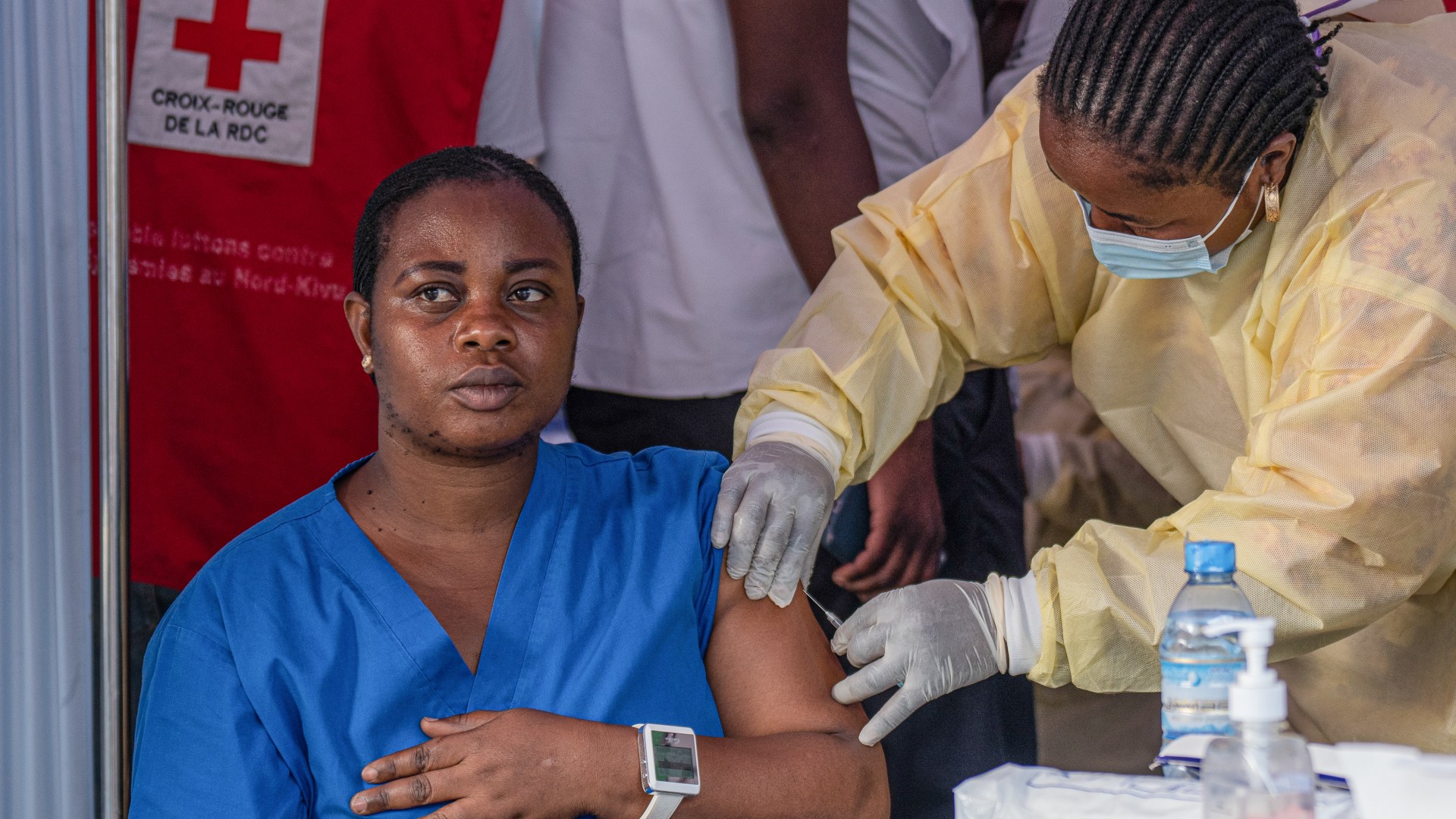GRIEVING families have been warned against touching their dead loved ones as a mystery flu-like disease continues to kill dozens.
An unknown infection that causes flu-like symptoms has already killed 143 people in Congo, prompting the World Health Organization (WHO) to launch an urgent probe.
4

4
People have been dying at an alarming rate in the Kwango province in the southwest of the Democratic Republic of Congo, near the border with Angola.
A local epidemiologist said that women and children were the most severely affected by the disease.
In the days prior to death patients have been suffering high fever, severe headaches, coughs and anaemia, according to a local health official.
Now the official, Apollinaire Yumba, has issued a disturbing warning to people to avoid touching the bodies of their dead loved ones as there is a danger of contamination.
He made a desperate plea for medical supplies and international aid in order to deal with the unfolding crisis.
The deputy governor of Kwango, Remy Saki, said the 143 recorded deaths had occurred over just two weeks in November.
No data has been released on the number of patients that are suspected to have been infected or hospitalised in the horrific outbreak.
Local officials have described how the sick are tragically dying at home because there is a lack of treatment available to combat the mystery killer.
They are desperate for scientists to identify exactly what the disease is so that it can be treated effectively.
Saki told AP on Tuesday: ”A team of epidemiological experts is expected in the region to take samples and identify the problem.”
The WHO confirmed on Tuesday it is aware of the spread of the mystery disease and has a team on the ground responding to it.
Its researchers are working with local health services to collect samples from infected people for analysis.
A civil society leader, Cephorien Manzanza, said that the situation was “extremely worrying”.
Manzanza told Reuters: “Panzi is a rural health zone, so there is a problem with the supply of medicines.”
Congo is already battling an m-pox epidemic, with more than 47,000 suspected cases in the country.
This wave of the m-pox has killed over 1,000 people in the Central African Country, according to the WHO.
The killer disease that causes legions all over the body of the people it infects spread quickly along the eastern border of DCR this year.
The current m-pox outbreak is being driven by sexual transmission, but there is also evidence it can spread through skin-on-skin contact.
Global health experts warned earlier this year that the cases in Congo are being driven by the “most dangerous strain yet”.

4

4




